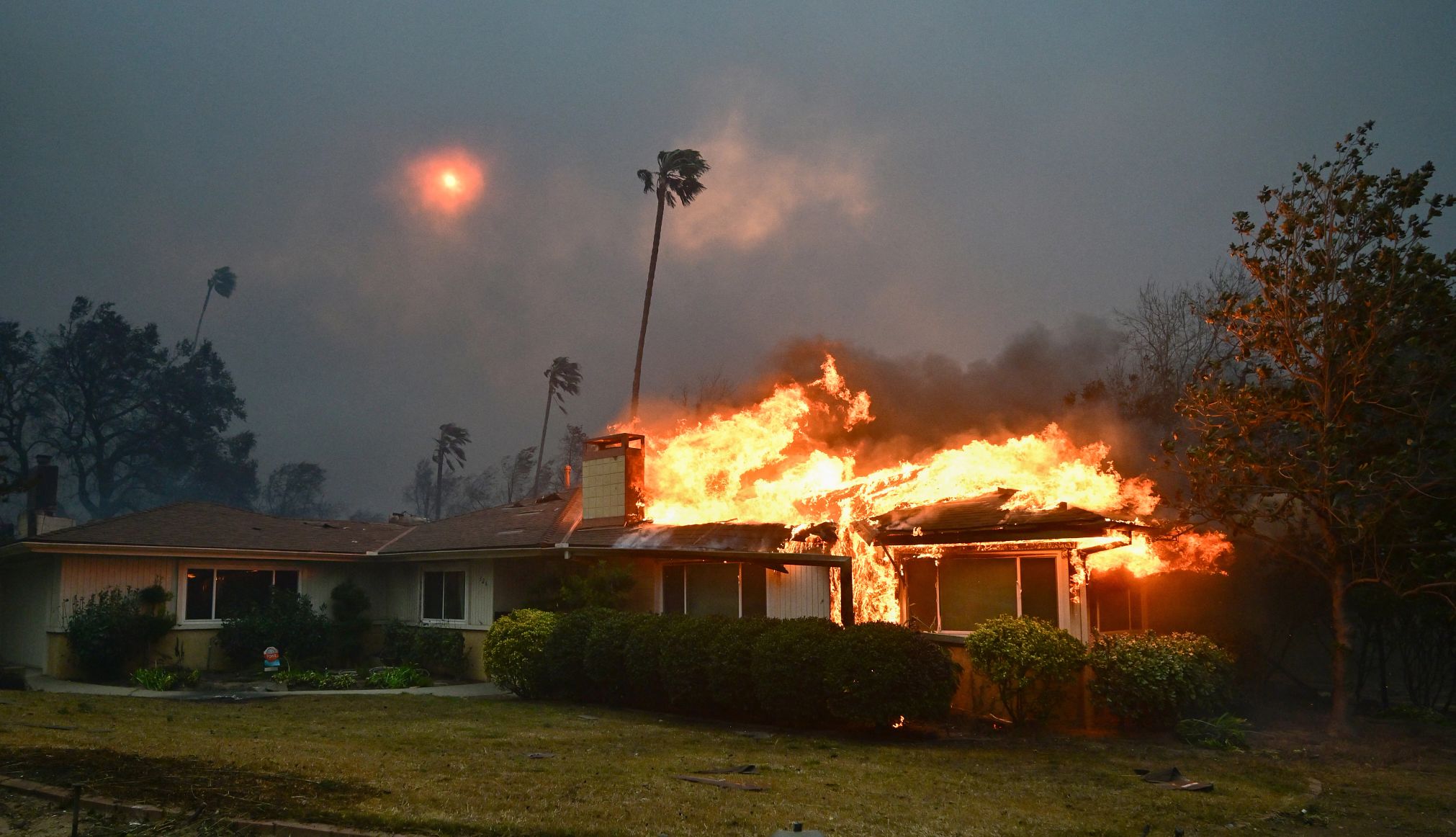
Make sure your donations to assist california’s wildfire victims aren't going to scammers
- Select a language for the TTS:
- UK English Female
- UK English Male
- US English Female
- US English Male
- Australian Female
- Australian Male
- Language selected: (auto detect) - EN
Play all audios:

FAKE GOFUNDME FUNDRAISERS. California Attorney General Rob Bonta put it well in a press conference held when the fires first broke out: “We have people with big hearts who want to help,
they want to donate, they want to support the victims. We also see scammers who are taking advantage of that goodness and that generosity and scamming and defrauding those individuals.”
The popular DIY fundraising site GoFundMe has page after page of fundraising appeals from individuals or families requesting help with recovery, with titles such as “Help Tommy and Sarah
Rebuild” or “Wildfires leave us homeless and struggling.” GoFundMe is helping donors find legitimate wildfire-relief requests by creating a centralized hub listing the pages that have been
verified by the platform’s “Trust & Safety team." OTHER CHARITY SCAMS. You may receive an appeal for wildfire support on social media, text, or email. Take a beat, and don’t
respond immediately. Start by looking up the organization in question on sites such as CharityWatch.org, which has a list of its top-rated charities providing wildfire aid, and
CharityNavigator.org, which also has a list of vetted wildfire charities. Some so-called charities are flat-out fake — others may “just” be grossly inefficient. CharityWatch executive
director Laurie Styron says donors should try not to give in to heart-wrenching appeals, she adds: “Use your empathy and compassion as a catalyst for giving, but don't allow your
emotions to make your giving decisions for you.” INVESTMENT SCAMS. The U.S. Securities and Exchange Commission (SEC) has released an alert warning of investment scams that may target
wildfire victims, particularly “individuals receiving money from insurance companies or other sources.” It notes that such scammers could ask you to “make ‘investments’ in companies
supposedly involved in cleanup, repair, and recovery efforts" (services that are most likely to be in demand after a disaster) or “say your ‘investment’ will not only make you money,
but benefit victims of the disaster.” Video: 3 Reasons Why Older Adults Become Scam Targets After a Disaster Among other advice, the SEC says to “ask the person if they are licensed and if
the investment is registered with the SEC or with a state regulator,” and use the agency's search tool at Investor.gov “to check the background, including license and registration
status, of anyone who tries to sell you an investment.” CELEBRITY IMPOSTER SCAMS. In the age of artificial intelligence, it’s easy for someone to create deep-fake videos of stars
perpetrating falsehoods or selling bogus products. Kim Kardashian is among the celebrities who’ve taken to social media to warn about her image being used to solicit funds for bogus wildfire
charities, including one called “Kim Kardashian Campaigns for Affected People in LA.” "Beware of scammers!,” she wrote in an Instagram story post. “This is not real… How horrible.”
FEMA RELIEF FRAUD. Scammers have taken the names and addresses of people who’ve lost homes to sell the information to unscrupulous buyers, according to Frank McKenna, chief fraud specialist
for the fraud-detection company Point Predictive. “Then they can apply for FEMA benefits using the stolen identity, and potentially get some funds from FEMA fraudulently.”
